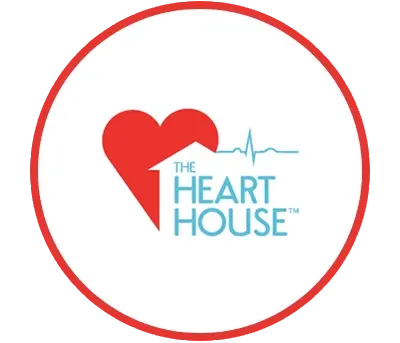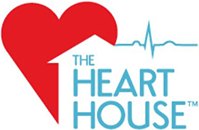Vascular Health FAQs
.png?width=688&height=537&name=CVAUSA-Vascular-Campaign-FAQs-Header-Image%20(1).png)
Medical Record Request Form
Understanding Vascular Conditions
What are common vascular conditions treated at The Heart House?
The Heart House treats conditions such as Peripheral Artery Disease (PAD), Peripheral Vascular Disease (PVD), varicose veins, spider veins, and Chronic Venous Insufficiency (CVI).
What are the signs and symptoms of vascular diseases?
Common symptoms include leg pain, cramping, fatigue, swelling, skin changes, and visible varicose or spider veins. Severe cases may involve ulcers or difficulty walking.
What are spider veins?
Spider veins are small, dilated blood vessels near the surface of the skin, appearing as red, blue, or purple web-like patterns. They're usually harmless but can be treated for cosmetic reasons.
How are vascular conditions diagnosed?
Diagnosis typically involves a physical exam, medical history review, and diagnostic tests such as vascular ultrasound, angiography, or CT scans. Smokers and people with high blood pressure and diabetes area at a higher risk for developing PAD
Vascular Treatment Options
What treatment methods are available for varicose veins?
Treatment options include compression stockings, sclerotherapy, laser therapy, radiofrequency ablation, and, in severe cases, surgical removal (vein stripping).
Can The Heart House treat Chronic Venous Insufficiency?
Yes, The Heart House offers comprehensive treatment for Chronic Venous Insufficiency, including both conservative and interventional approaches.
What procedures are performed at the vein clinic?
The vein clinic performs procedures such as sclerotherapy, endovenous laser treatment, radiofrequency ablation, and minimally invasive vein surgeries.
What are the latest advancements in vascular surgery used here?
The Heart House utilizes advanced techniques such as endovascular procedures, minimally invasive surgeries, and state-of-the-art imaging technologies for precise diagnosis and treatment.
Are there non-surgical options for treating vascular conditions?
Yes, many vascular conditions can be managed with lifestyle changes, medications, compression therapy, and minimally invasive procedures before considering surgery.
Before Your Visit
How do I prepare for a consultation at a vascular clinic?
Prepare a list of your symptoms, medical history, and current medications. Wear comfortable clothing that allows easy access to your legs for examination.
What should I bring to my first appointment?
Bring your insurance card, photo ID, list of current medications, relevant medical records, and any recent imaging studies related to your vascular health.
Is a referral required to visit a vascular specialist?
This depends on your insurance plan. Some plans require a referral from your primary care physician, while others allow direct scheduling with specialists.
During Your Visit
What can I expect during my first visit to the vascular clinic at The Heart House?
Your first visit will typically include a comprehensive medical history review, physical examination, and possibly some diagnostic tests. One of our specialists will discuss your symptoms and treatment options with you.
How long do diagnostic tests take?
The duration of diagnostic tests varies. A vascular ultrasound typically takes 30-60 minutes, while other tests may be quicker or require more time, depending on their complexity.
What is a vascular ultrasound, and when is it used?
A vascular ultrasound is a non-invasive imaging test that uses sound waves to evaluate blood flow in arteries and veins. It's used to diagnose various vascular conditions and assess their severity.
Will I need to undergo any tests on my first visit?
It depends on your symptoms and medical history. Your doctor may order tests during your first visit or schedule them for a later date if necessary.
Patient Support and Resources
Does The Heart House offer patient education resources?
Yes, The Heart House provides various educational materials, including brochures and online resources to help patients understand their conditions and treatment options.
Can I join a support group for individuals with vascular conditions?
The Heart House can provide information about local support groups or online communities for individuals with vascular conditions.
How can I contact the clinic for more questions?
We encourage you to contact The Heart House's vascular clinic by phone, email, or through our website. Our staff is available to answer your questions and schedule appointments.









